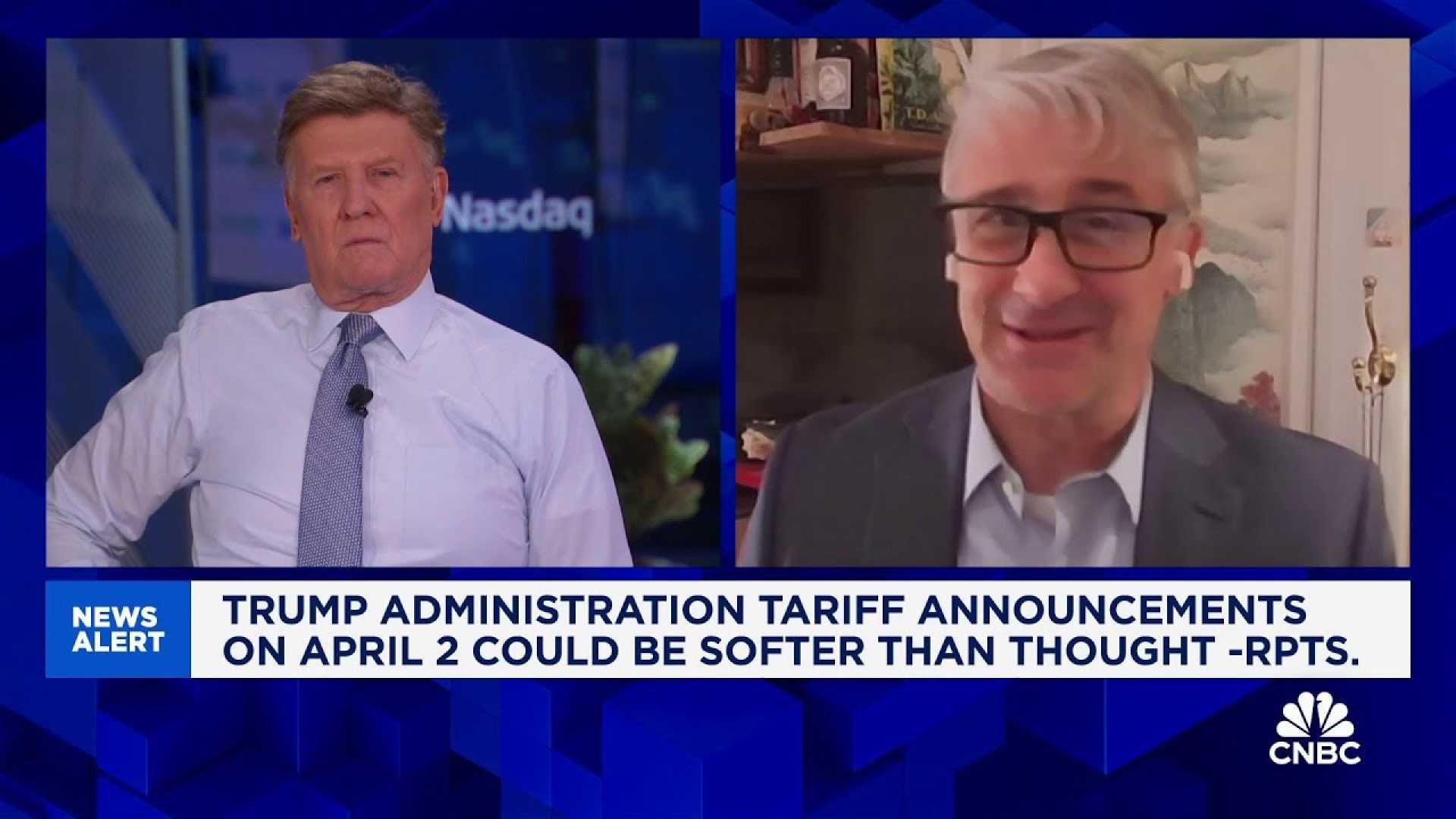Politics
Trump’s Tariff Plans Unfold as April 2 Approaches

WASHINGTON, D.C. — President Donald Trump is set to announce significant tariffs on automotive imports starting April 2, aimed at addressing the United States’ extensive trade deficits. Despite initial plans for broader sector-specific tariffs, recent reports indicate that these may be postponed, as the administration navigates the complexities of international trade and domestic pressures.
Trump’s tariffs, heralded by him as a potential ‘Liberation Day,’ are intended to mitigate a staggering $1.2 trillion global goods trade deficit by adjusting U.S. tariffs to match those of other countries and counteracting their stringent non-tariff barriers. A Trump administration official emphasized, however, that discussions remain fluid, and no final decisions have been made.
In February, Trump indicated he would impose tariffs of approximately 25% on automobiles, semiconductors, and pharmaceutical imports. Nevertheless, stakeholder discussions, particularly pressures from major automakers, led to an agreement on temporary tariff exemptions for vehicle imports under the United States-Mexico-Canada Agreement (USMCA). This exemption is scheduled to expire on April 2, when tariff rates are likely to escalate.
Treasury Secretary Scott Bessent and top White House Economic Adviser Kevin Hassett briefed that the administration would narrow its focus to countries with significant trade surpluses and rigorous tariff barriers. They referred to this targeted group as the “Dirty 15,” encompassing about 15% of U.S. trade partners.
Responses from industry experts suggest that the auto tariffs could raise the price of new vehicles by thousands, as many cars are produced with parts from both Canada and Mexico. A study from Anderson Economic Group predicts that tariffs could increase production costs by $3,500 to $12,000 per vehicle. Current trade law treats Canadian-made parts and U.S.-made ones as equivalent domestic content, complicating the issue further.
“Yes, it’s America’s truck, assembled in America, but not with American parts,” noted Ivan Drury, director of insights for Edmunds, while discussing the Ford F-150, which includes many components manufactured outside the U.S.
In recent comments, Trump acknowledged the need to offer breaks to the American auto industry, stating, “I gave the American car companies a break because it would have been unfair if I didn’t.” However, detractors, including an executive from a major automaker, expressed concern over the administration’s unpredictable approach. The executive remarked, “We were all kind of expecting April 2 to be our day,” highlighting the uncertainty in how tariffs will be rolled out.
As anticipation mounts for Trump’s announcement, economic analysts worry about the potential repercussions of these tariffs on markets and consumer prices. The tariffs are expected to eliminate some lower-cost vehicle options for consumers if production shifts back to U.S. factories from Mexico, where manufacturing costs are lower.
While Trump has indicated that he may consider delays on certain tariffs, he has also made it clear that reciprocal tariffs will form a substantial part of the upcoming trade strategy. “If they charge us, we charge them,” he stated, which resonates with a broader audience as a matter of fairness in trade.
As the April 2 deadline approaches, various U.S. trading partners are preparing their responses. Economists insist that any escalation in tariffs could result in a full-blown trade war, affecting crucial imports and exports significantly.












